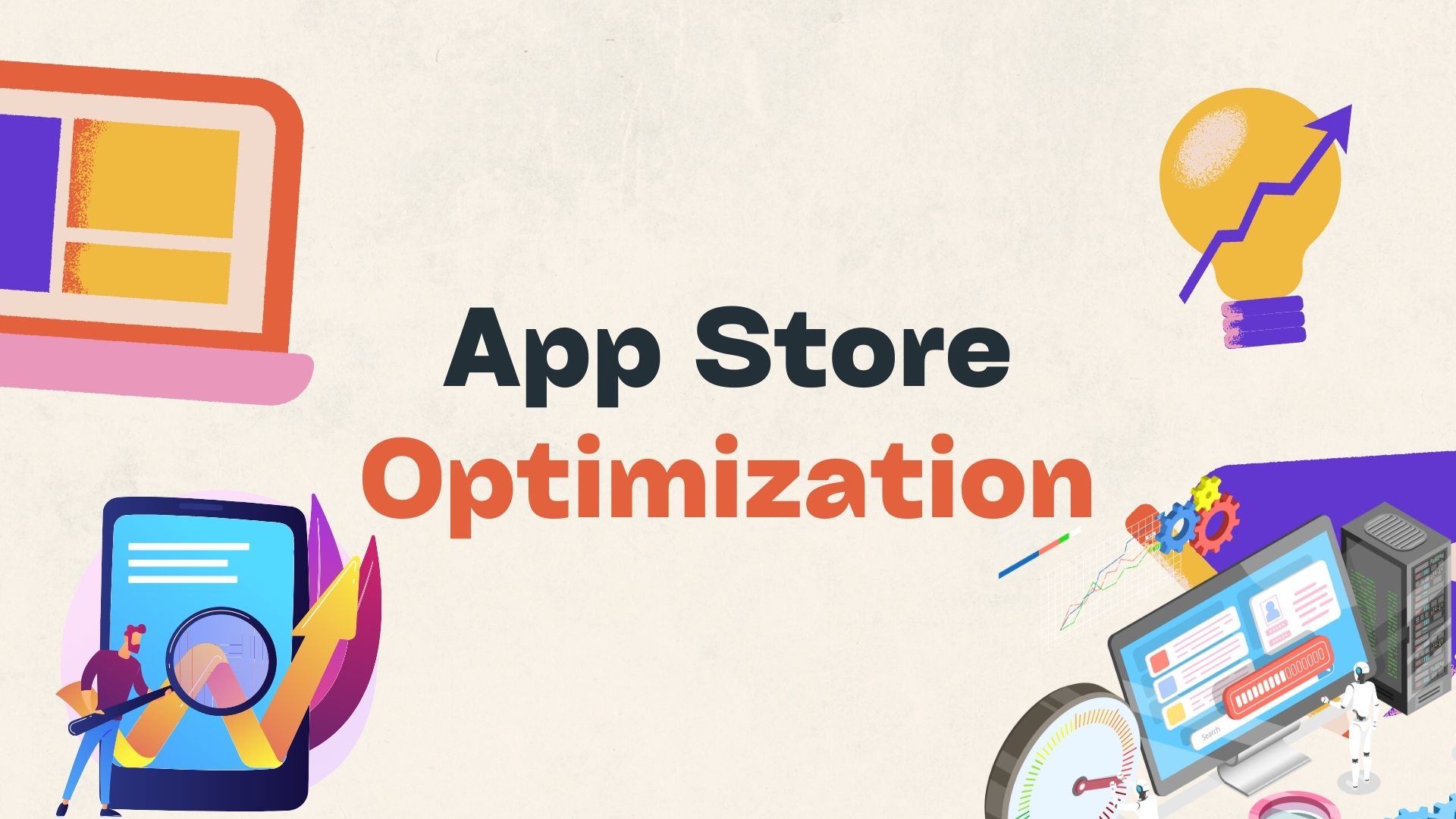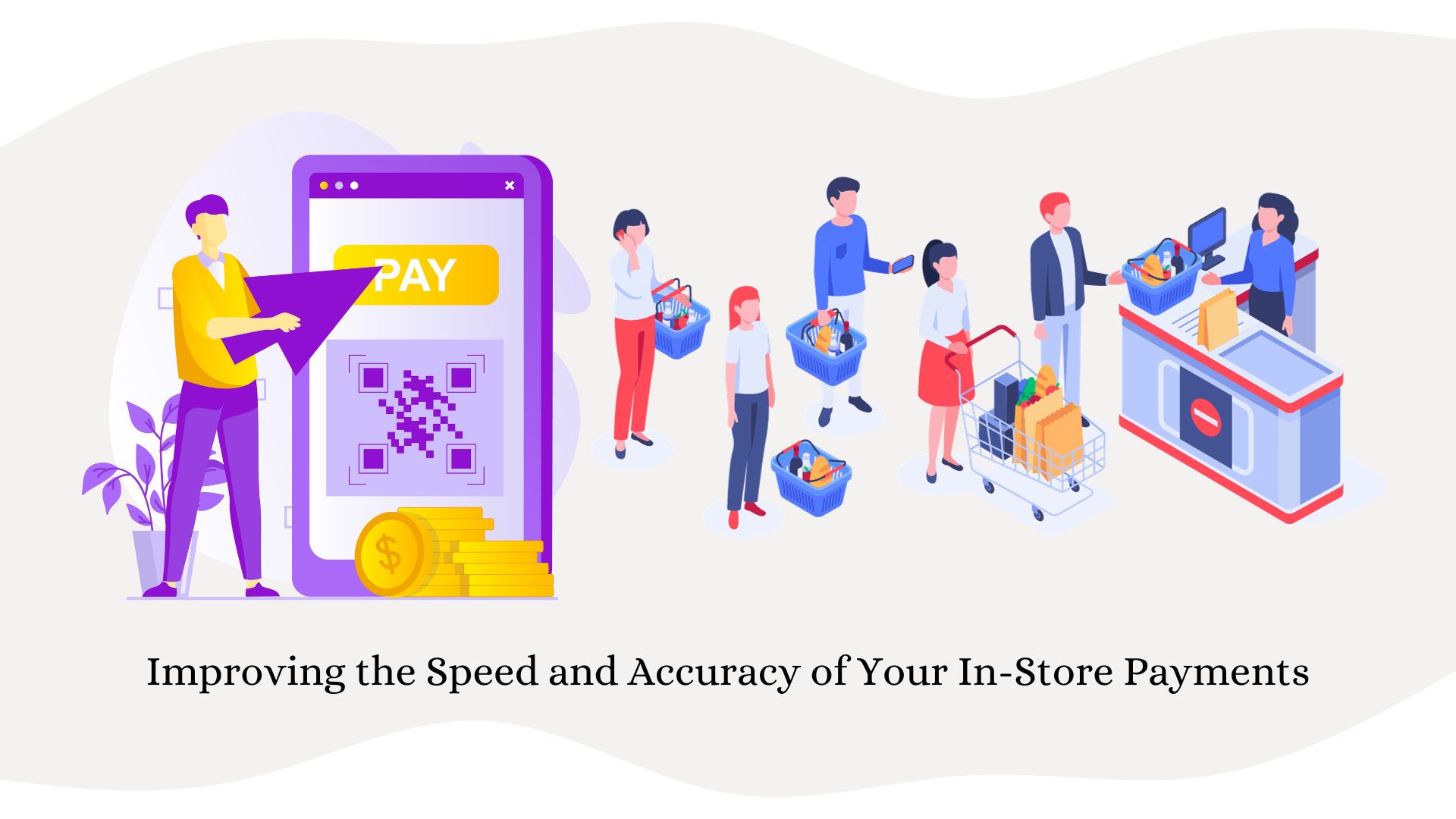NetSuite’s Online Advantage
WHAT WE HAVE ON THIS PAGE
Ever-expanding Internet access and faster broadband connections make Web-based applications such as NetSuite’s NetSuite Small Business more appealing to a larger audience. This powerful online accounting system is the latest incarnation of a program that used to be called NetLedger in a previous life.
Online applications — programs that you can access through an Internet browser and Web connection — don’t require software to be installed on your office computer. The program stores your business data on the host company’s secure server. Online applications offer a big advantage — you can use any computer with Web access to access the program. The Internet acts as the ultimate network.
NetSuite offers a first rate, well integrated accounting and finance system that effectively manages sales, contacts, finances, inventory and e-commerce. As online applications become more popular, NetSuite is working hard to convince people using Intuit’s QuickBooks — the leader in desktop accounting software — that it offers a better alternative.
Suite Features
In previous versions, NetSuite offered small businesses a powerful online accounting solution that quickly leaped ahead of its early competitors and became a well-deserved standout with its comprehensive, easy to use feature set.
The program’s sales tools let you enter and follow up on orders; create estimates and convert them into invoices; apply real-time credit card authorization; work with billing; view customer purchase histories and build forecasts.
In-depth inventory features let you manage products as well as define pricing, captions, and images. Sales representatives and partners can view inventory levels as well as Web-based orders.
The program automatically reflects sales in the inventory, and the Web-based orders automatically flow to accounts receivable and to the warehouse — there’s no need to transfer data manually. NetSuite supports shipping and receiving with features that calculate sales tax, manages picking and packing, estimates shipping based on integrated UPS rates, handles multiple bill and ship-to addresses, applies price protection and creates various price levels for wholesale, retail or online sales and customers.
NetSuite offers superb customer relationship management (CRM) features to manage clients and display related information, including sales, payments and dealings. Despite being an online application, the program conveniently integrates contact information with Word and Excel documents.
If your business requires tracking hours, NetSuite’s time tracking features let you record reimbursable and non-reimbursable hours, and you can also create and track jobs and sub-jobs — and link them to specific customers.
Payroll features track and calculate salaries, hourly pay, tips and employee commissions. The program can handle vacation and sick time, accommodate flexible pay periods, calculate earnings and deductions based on integrated federal and state tax tables, print checks and customize fields for employee records.
But Wait, There’s More
NetSuite includes e-commerce capabilities that let you build your own online store. Customize the look and feel with templates that you can modify further with headers, footers, tab bars and sidebars.
The interface is clean, intuitive and provides handy summary pages that condense data into informative visual screens. The program also does an excellent job of adjusting screens so that they display the information that a person needs to do his or her job: for instance, workers in the warehouse see different screens and features than the screens that sales and administration see.
Oddly, NetSuite claims that the program “behaves in much the same way as QuickBooks,” and that “common usability terminology, navigation and drop-down menus are QuickBooks-like.” While NetSuite does make use of drop down menus, it doesn’t employ QuickBooks navigation screens with flow-chart-like graphics and linked arrows that take you from one step to the next.
NetSuite Versus QuickBooks
The biggest difference between NetSuite and QuickBooks boils down to the differences between an online application and installed software that resides on an office computer. (NetSuite can pretty much ignore QuickBooks: Online Edition because Intuit’s Web-based product doesn’t come close to offering the features that NetSuite does).
For example, NetSuite’s remote access makes it much easier to share data — particularly when traveling. While QuickBooks is fairly easy to share in the same office, it takes some work to share data with co-workers on the road. And if your business relies on Macintosh computers, NetSuite works in Mac-based browsers, too — it’s the very same application.
Another plus; online applications stay up to date with the latest upgrades and financial tables. Because NetSuite is an online program, you’ll never have to purchase a new version to obtain the latest features.
One key difference; NetSuite is a comprehensive one-size-fits-all application while QuickBooks offers convenient, industry-specific versions such as manufacturing, construction, retail, non-profits and more.
How Safe is My Data?
Some small business owners some may dislike the idea that their data is not stored on their own computers. NetSuite takes extensive precautions using Internet firewalls, 128-bit secure socket layer (SSL) protection, and redundant servers. Plus you can export your financial data onto your own hard drive using CSV at no charge.
If that’s not enough for you — the company stores backups in a separate, secure location 100 miles away from the data center. Frankly, the company offers far more data security than most SMBs could ever hope to have.
Ka-Ching
At $99 for the first person and $49 for each additional person per month, no one can say NetSuite inexpensive. A ten-person office, for example, will pay some $550 per month. At that rate, the office could pay for QuickBooks Enterprise in roughly seven months. The numbers are more striking when compared to less-powerful versions of QuickBooks that start at $99.
One last consideration; before switching over to online applications, be sure that your Internet connection is reliable and can adequately handle the application. Across a moderately fast DSL line, we noticed a slight lag between screens and pages when using NetSuite, which doesn’t happen when working with QuickBooks on a fast PC.
Bottom Line
NetSuite Small Business offers a viable online alternative to QuickBooks, and small businesses that can afford NetSuite’s powerful customer management, integrated Web store and inventory features may want to take a look. The smallest businesses, on the other hand, can happily stay with QuickBooks.
Over the last ten years, Wayne Kawamoto has written more than 800 articles, columns and reviews about computers, new technologies, the Internet and small businesses. Wayne has also published three books about upgrading PCs, building office networks and effectively using and troubleshooting notebook computers. You may contact him through his Web site at www.waynewrite.com.

Wayne Kernochan has been an IT industry analyst and auther for over 15 years. He has been focusing on the most important information-related technologies as well as ways to measure their effectiveness over that period. He also has extensive research on the SMB, Big Data, BI, databases, development tools and data virtualization solutions. Wayne is a regular speaker at webinars and is a writer for many publications.









